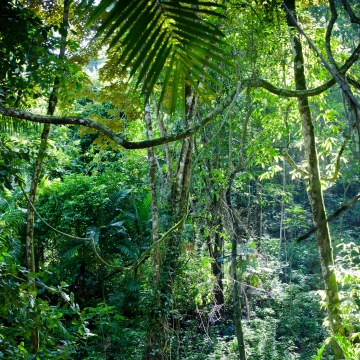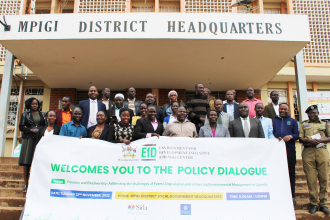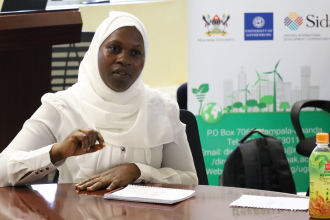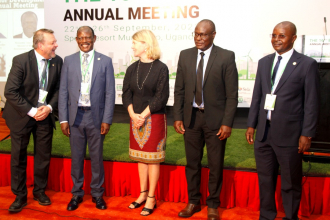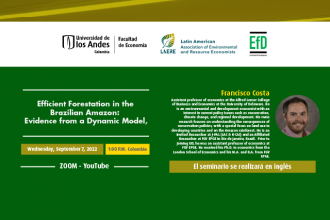Economic Valuation of Forest Ecosystem Services in Kenya: Implication for Design of PES Schemes and Participatory Forest Management
Forest ecosystem services are critical for human well-being as well as functioning and growth of economies. However, despite the growing demand for these services, they are hardly given due consideration in public policy formulation. The values attached to these services by local communities are also generally unknown in developing countries. Using a case study of the Mau forest conservancy in Kenya, this study applied a choice experiment technique to estimate the value attached to salient forest ecosystem services by forest-adjacent communities.
